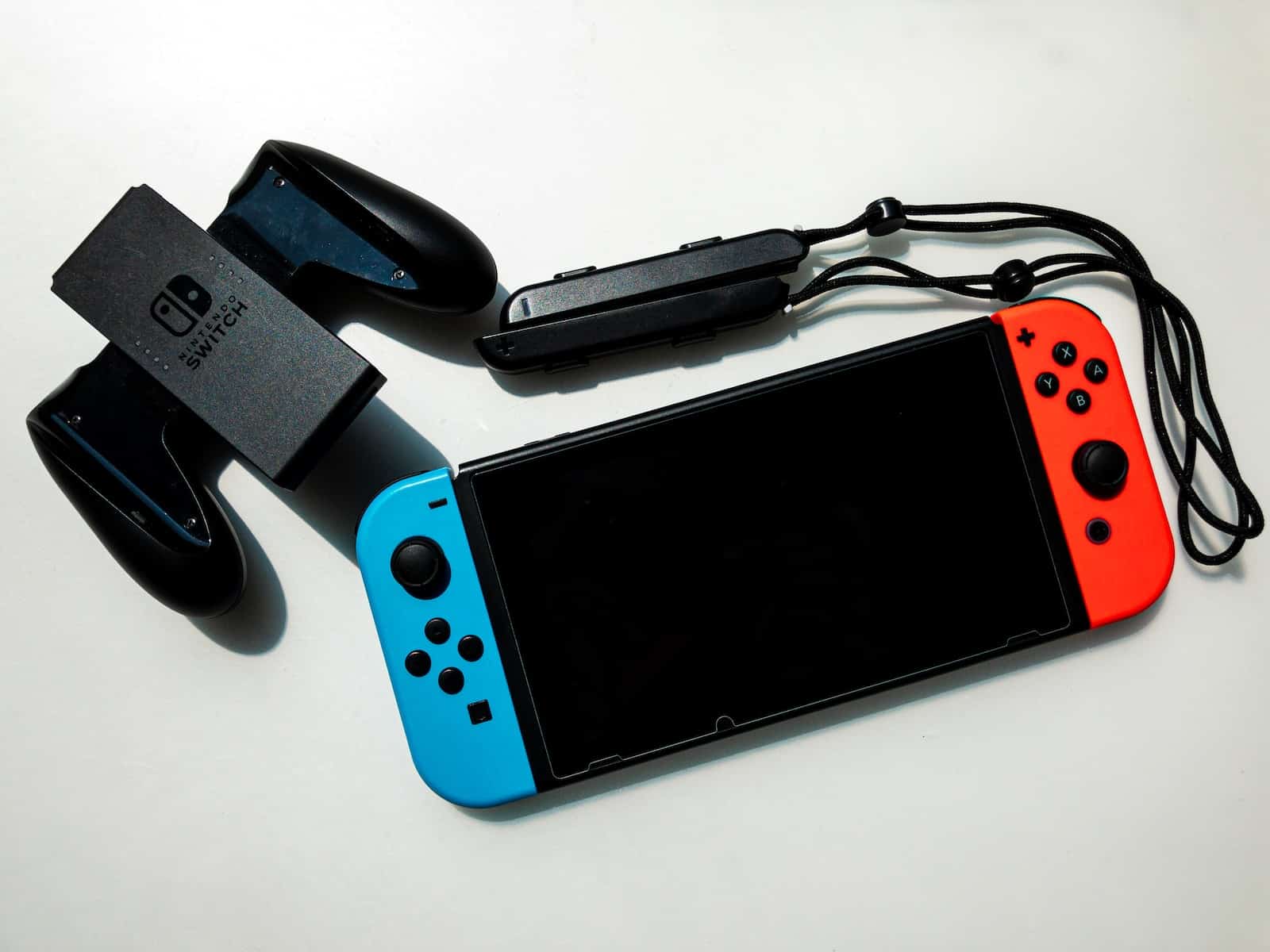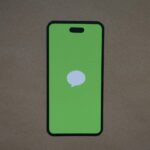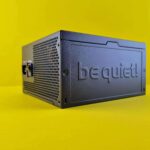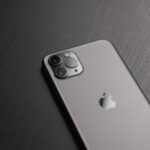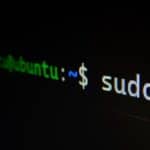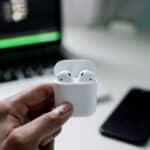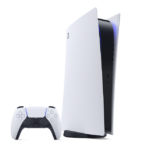You can charge your Nintendo Switch with a phone charger as long as it meets certain requirements. The Switch uses a USB-C port for charging, which is the same type found on many modern smartphones and tablets. This compatibility means you can use your phone’s charger in a pinch when you’re away from the official Nintendo charger.
Using a phone charger for your Switch is generally safe, but it’s important to use one that provides enough power. The Switch needs at least 5V/1.5A output for charging. Most modern phone chargers meet or exceed this requirement. However, using a low-power charger may result in slower charging or even drain the battery while playing.
To ensure the best and safest charging experience, look for chargers that support USB Power Delivery (USB-PD). These chargers can provide the higher power output that the Switch prefers. Always use high-quality, certified chargers to avoid potential damage to your device.
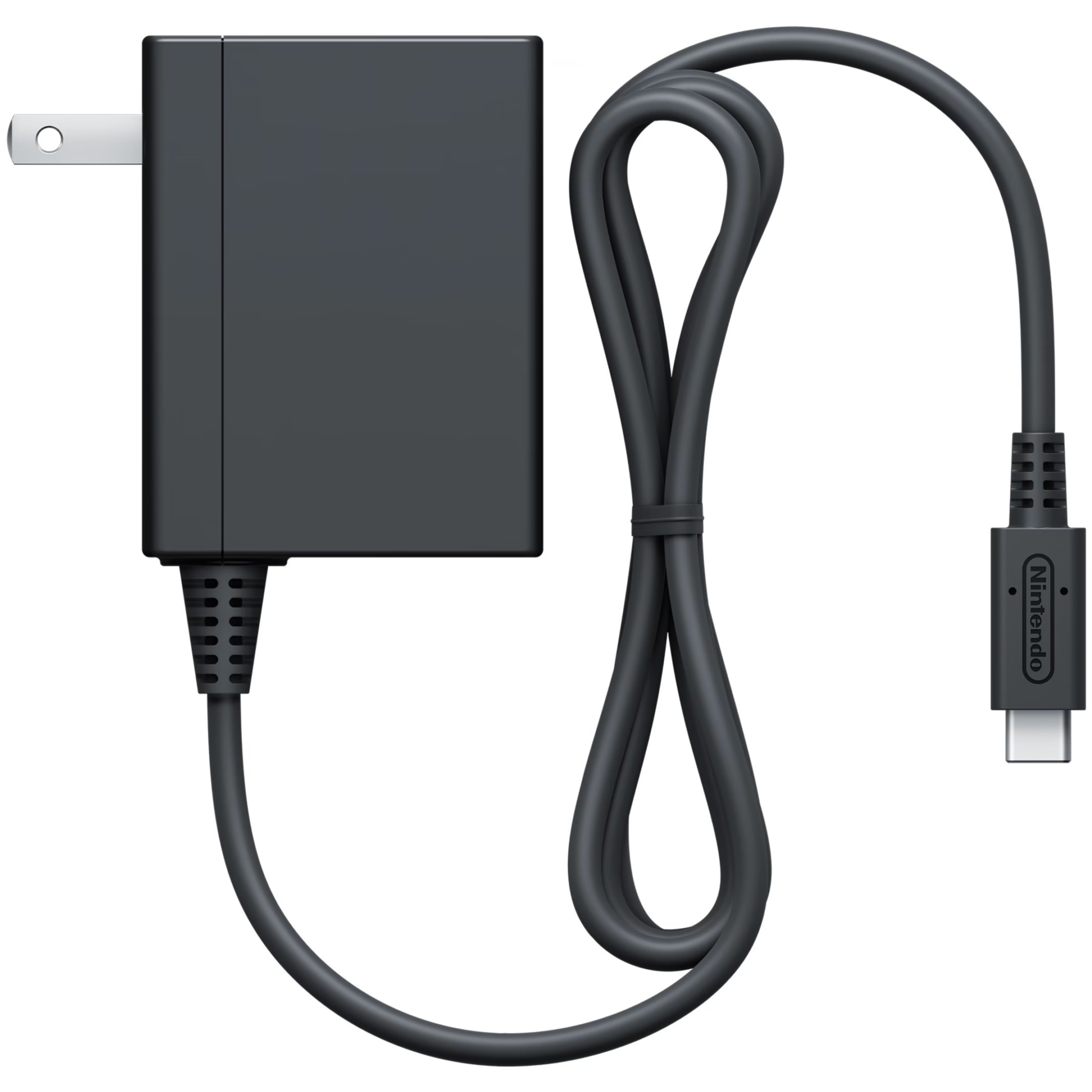
| Charger Type | Compatibility | Charging Speed |
|---|---|---|
| Official Switch Charger | Ideal | Fastest |
| USB-PD Phone Charger | Good | Fast |
| Standard Phone Charger (5V/2A+) | Compatible | Moderate |
| Low-power Charger (5V/1A or less) | Not Recommended | Slow or Ineffective |
Charging The Nintendo Switch
You can generally charge your Nintendo Switch with a phone charger, but there are a few important caveats:
Compatibility:
- USB-C: The Nintendo Switch uses a USB-C port for charging. So, you’ll need a phone charger with a USB-C connector.
- Power Delivery (PD): For optimal charging, look for a phone charger that supports USB Power Delivery (PD). This technology allows for faster and more efficient charging. The official Nintendo Switch charger is a 39W PD charger.
Charging Speed:
- PD Charger: A PD charger will charge your Switch at the fastest rate, similar to the official charger.
- Standard USB-C Charger: A standard USB-C charger without PD will still charge your Switch, but it will likely charge slower, especially if you’re using the console while charging.
- Low-Power Charger: Avoid using very low-power chargers (like those designed for older phones or small devices), as they might not provide enough power to charge the Switch effectively, or might even drain the battery while in use.
Safety:
- Certified Chargers: Use chargers from reputable brands that are certified for safety. Avoid cheap or counterfeit chargers, as they can pose a risk of overheating or damage to your Switch.
Recommendations:
- Official Nintendo Switch Charger: The safest and most efficient option is to use the official Nintendo Switch charger.
- Reputable Brand PD Charger: If you need an alternative, look for a PD charger from a reputable brand like Anker, Aukey, or RAVPower. Aim for a charger with at least 30W of power output.
Charging in Different Scenarios:
- Docked Mode: When docked, the Switch uses the dock’s power supply, so your phone charger won’t be used.
- Handheld Mode: You can use your phone charger to charge the Switch while playing in handheld mode.
- Sleep Mode: The Switch charges fastest when in sleep mode.
Troubleshooting:
- Slow Charging: If your Switch is charging slowly, try using a PD charger or charging in sleep mode.
- Not Charging: Ensure the charger is properly connected and that the charging cable is not damaged. Try a different USB-C port on the Switch.
By following these guidelines, you can safely and effectively charge your Nintendo Switch with a phone charger when needed.
Extending Your Switch’s Battery Life
While charging with a phone charger is convenient, here are some tips to maximize your Switch’s battery life:
- Reduce Screen Brightness: Lowering the screen brightness can significantly extend battery life.
- Turn Off Wi-Fi: When not needed, turn off Wi-Fi to conserve power.
- Airplane Mode: Enable Airplane Mode to disable all wireless communication and maximize battery life.
- Sleep Mode: Put the Switch in sleep mode when not in use to conserve power.
- Power Saving Mode: Enable Power Saving Mode in the system settings to further reduce power consumption.
By following these tips and utilizing a compatible phone charger when needed, you can enjoy longer gaming sessions on your Nintendo Switch.
Understanding USB-C Charging for Nintendo Switch
USB-C charging offers flexibility and convenience for Nintendo Switch owners. This standardized connection allows for various charging options beyond the official dock.
The Role of USB-C in Charging
The Nintendo Switch uses a USB-C port for charging and data transfer. This universal connector enables compatibility with many chargers and power banks. USB-C supports faster charging speeds and higher power output compared to older USB types.
USB Power Delivery (PD) is key for optimal Switch charging. It allows devices to negotiate power requirements. The Switch can draw up to 18W in handheld mode.
Not all USB-C chargers are equal. Some may not provide enough power for the Switch. This can lead to slower charging or inability to charge while playing.
| Charger Type | Power Output | Charging Speed |
|---|---|---|
| Official Dock | 39W | Fastest |
| USB-C PD (18W+) | 18W | Fast |
| Standard USB-C | 5-15W | Slow |
| USB-A | 2.5-10W | Very Slow |
Official Vs. Third-Party Chargers
The official Nintendo Switch charger delivers 39W of power. It’s designed specifically for the console and dock. This ensures optimal performance and safety.
Third-party chargers can be a viable alternative. Many USB-C PD chargers work well with the Switch. Look for options that provide at least 18W output for best results.
Quality matters with third-party chargers. Cheap or uncertified chargers may damage the Switch. They might also fail to provide enough power for gaming while charging.
Some third-party options offer additional benefits. Portable battery packs can extend playtime on the go. Multi-port chargers allow charging multiple devices simultaneously.
Compatibility and Charging Performance
Charging a Nintendo Switch with a phone charger requires understanding specific power requirements and USB-C compatibility. Proper charger selection impacts charging speed and device safety.
Nintendo Switch Charging Specifications
The Nintendo Switch needs specific power output for optimal charging. It requires a USB-C Power Delivery (USB PD) charger with at least 15 volts and 2.6 amps. This equates to about 39 watts of power.
The official Nintendo Switch AC Adapter provides 15V/2.6A output. This ensures fast and safe charging for the console. Using a charger with lower output may result in slower charging or inability to charge while playing.
Table: Nintendo Switch Charging Requirements
| Specification | Minimum Value |
|---|---|
| Voltage | 15V |
| Amperage | 2.6A |
| Wattage | 39W |
| Standard | USB PD |
Phone Charger Compatibility
Many modern phone chargers can charge the Nintendo Switch, but performance varies. USB-C chargers with Power Delivery are most compatible. These often provide sufficient power for the Switch.
Chargers without USB PD may still work but at reduced efficiency. A 5V/3A charger can charge the Switch slowly. It’s best to avoid chargers with output below 5V/1.5A.
Using a phone charger might affect charging speed. The Switch may charge slower or not charge at all during gameplay with insufficient power output.
Safety is crucial when using non-Nintendo chargers. Stick to reputable brands and avoid cheap, uncertified chargers to prevent potential damage to the Switch.
Optimal Charging Practices
Choosing the right charger and method for your Nintendo Switch can affect charging speed and battery longevity. Different models have specific requirements to ensure safe and efficient power delivery.
Using the Right Charger for Switch Lite and Switch OLED
The Switch Lite and Switch OLED have different charging needs. For the Switch Lite, a USB-C charger with at least 15 watts works well. The Switch OLED requires more power, ideally 18 watts or higher.
Many phone chargers can work for both models. Look for chargers that support USB Power Delivery (USB-PD). This standard ensures safe charging at the correct voltage.
Avoid using low-power chargers like those for older phones. These may not provide enough juice to charge while playing.
| Switch Model | Minimum Charger Wattage | Recommended Charger Type |
|---|---|---|
| Switch Lite | 15W | USB-C with USB-PD |
| Switch OLED | 18W | USB-C with USB-PD |
Impact of Charging Method on Battery Life
The charging method affects battery health over time. Using the official Nintendo charger is best for long-term battery care. It provides the right amount of power consistently.
Third-party chargers can work but may impact battery life. Some cheaper options might not regulate power as well. This can stress the battery over time.
Avoid leaving the Switch plugged in constantly. This can reduce battery capacity. Instead, charge to about 80% then unplug.
Fast charging isn’t always ideal. While convenient, it can generate more heat. Heat is a battery’s enemy and can shorten its lifespan.
For optimal battery health, charge in a cool environment. Remove the Switch from its case while charging to prevent heat buildup.
Power Solutions on the Go
Portable charging options offer flexibility for Nintendo Switch users who need power while traveling. These solutions help maintain battery life during long trips or commutes.
Power Banks and Portable Charging
Power banks provide a convenient way to charge the Nintendo Switch on the go. Many portable chargers are compatible with the Switch, but it’s crucial to choose one with the right specifications.
Look for power banks that support USB-C Power Delivery (PD) and offer at least 18W output. This ensures efficient charging for the Switch. Capacity is also important – a 10,000mAh power bank can fully charge the Switch about 1.5 times.
Some power banks even allow pass-through charging, letting users charge both the Switch and the power bank simultaneously. This feature is handy for overnight stays in hotels or other locations with limited outlets.
Car Chargers and Charging While Travelling
Car chargers enable Switch charging during road trips. A compatible car charger should have a USB-C port and support at least 15V/2.6A output. This matches the Switch’s power requirements and prevents potential damage.
Many car chargers now feature multiple ports, allowing passengers to charge other devices alongside the Switch. Some models even include a detachable cable, increasing versatility.
For air travel, it’s best to use the official Nintendo Switch AC adapter or a certified third-party charger. These ensure proper voltage and prevent any risk of damaging the console.
| Charging Method | Pros | Cons |
|---|---|---|
| Power Bank | Portable, multiple charges | Limited capacity |
| Car Charger | Convenient for road trips | Only usable in vehicles |
| AC Adapter | Official, safe for Switch | Less portable |
Frequently Asked Questions
Nintendo Switch owners have various charging options beyond the official dock and charger. These alternatives offer flexibility and convenience for different situations.
What alternative methods are available for charging a Nintendo Switch?
Users can charge their Switch with portable power banks designed for USB-C devices. Car chargers with USB-C ports also work for on-the-go charging. Some third-party docks provide charging functionality.
Is it possible to charge a Nintendo Switch using a USB-C charger not intended for the console?
Yes, many USB-C chargers can charge the Nintendo Switch. The charger must support USB Power Delivery and provide at least 5V/1.5A output. Higher power outputs may charge the device faster.
How can one charge a Nintendo Switch without utilizing the official dock?
Players can charge the Switch directly using the USB-C port on the bottom of the console. Any compatible USB-C cable connected to a power source will work. This method allows for handheld play while charging.
What are the specifications for a compatible Nintendo Switch charger?
A compatible charger should support USB-C Power Delivery and provide at least 15 volts and 2.6 amps. This ensures sufficient power for both charging and gameplay.
Can the controllers for the Nintendo Switch be charged separately from the console?
Joy-Con controllers charge when attached to a powered-on Switch. They can also charge using the Joy-Con Charging Grip accessory. Pro Controllers charge via their own USB-C port.
What is the quickest method to replenish the battery of a Nintendo Switch?
The fastest way to charge a Switch is by using the official AC adapter or a high-output USB-C charger. Putting the console in sleep mode while charging can speed up the process.
| Charging Method | Charging Speed | Gameplay While Charging |
|---|---|---|
| Official Dock | Fast | TV Mode Only |
| USB-C Charger | Varies | Yes (Handheld Mode) |
| Power Bank | Moderate | Yes (Handheld Mode) |
| Car Charger | Moderate | Yes (Handheld Mode) |
